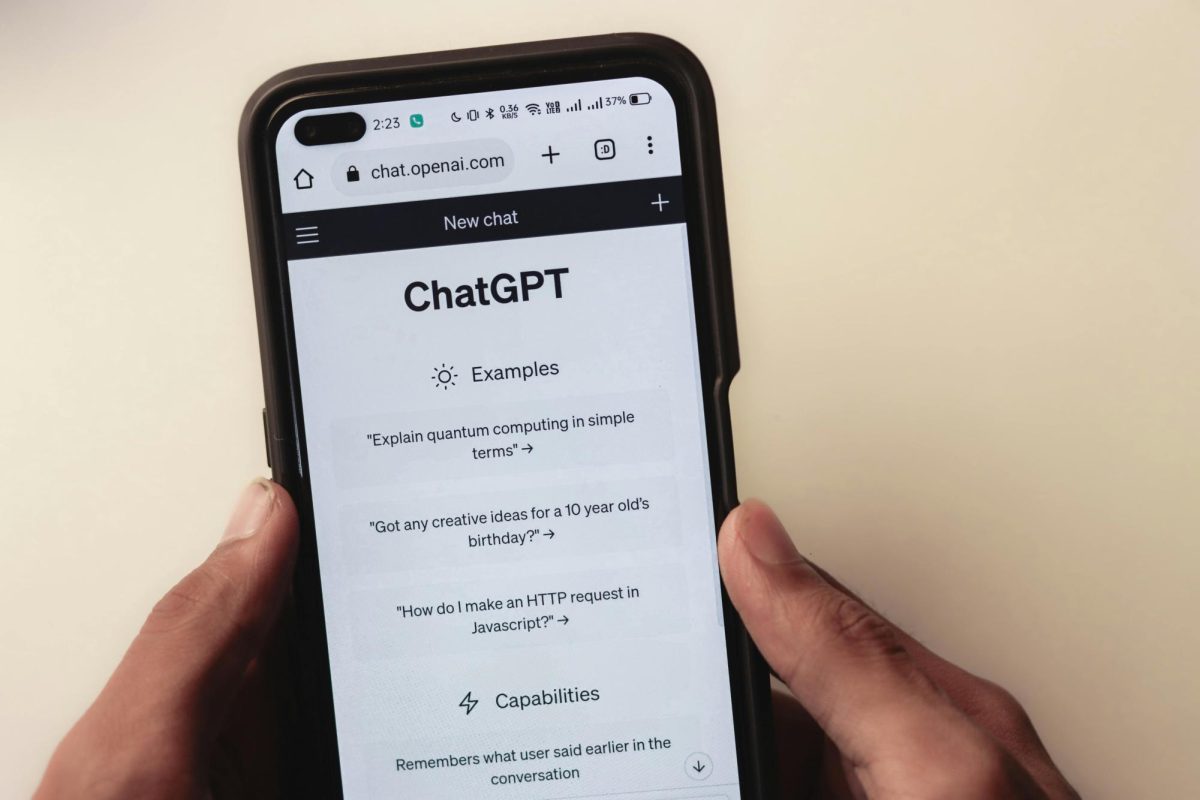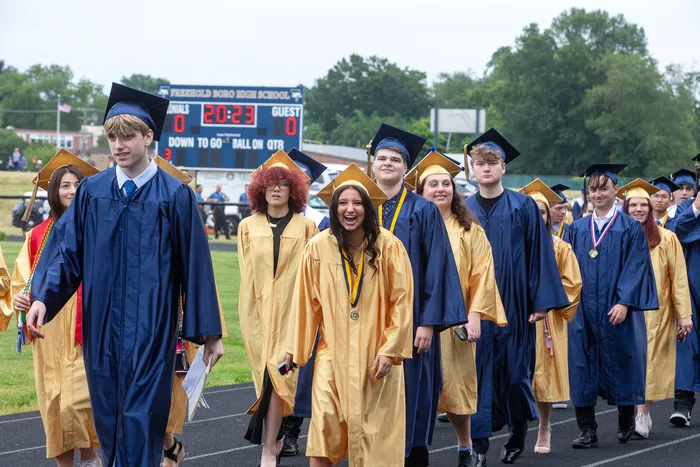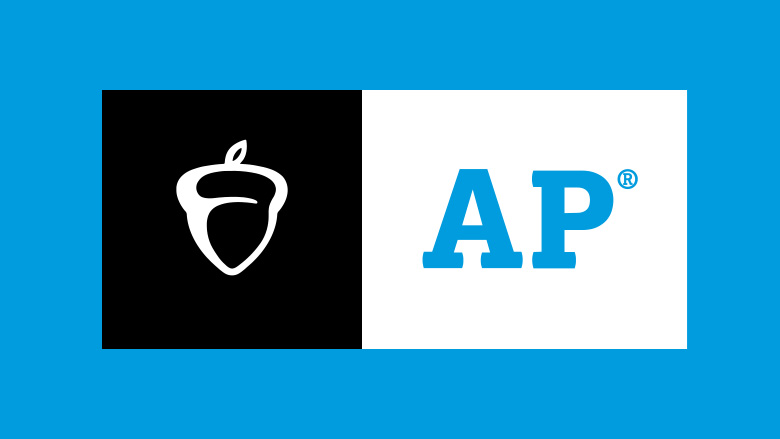It’s widely recognized that AI has become a go-to resource for students seeking shortcuts. Need to write an essay? Struggling with math problems? Looking for answers during a test? AI can provide solutions. When used with good intentions, it’s a valuable tool that can help students in the school environment. However, more often than not, it’s exploited as a means to do assignments or cheat on exams.
Despite the negative ways in which AI, such as ChatGPT, can be used, it still serves as a beneficial resource that provides students with alternative methods if having trouble with learning. I’ve witnessed numerous students use AI tools to rephrase a few sentences or better understand a topic in one of their classes. This isn’t to say it always happens, but it paints a picture of one side of the argument for banning AI. To understand the teacher’s viewpoint, one must acknowledge the harmful effects of AI. It undermines the teacher’s lessons and the classroom environment. Students use these websites to have papers written for them or to avoid tests without genuinely comprehending the material. Therefore, this diminishes their actual learning and puts both students and teachers in a challenging position during state tests or possibly next school year.
While there’s no clear-cut answer to this issue, the idea of banning AI could lead to more harm than good. Students will likely find other ways to rephrase their essays or understand lessons, possibly by resorting to tools like Google. Even with restrictions on certain websites, there will still be numerous resources available to aid students with their troubles. Therefore, banning a useful tool like AI may not be the most effective solution.









Anonymous • Oct 11, 2025 at 7:59 pm
I think the article brings up a good conversation about AI in schools, but it feels a bit all over the place and doesn’t take a clear stance. At first, it says AI is often used for “shortcuts” like writing essays or cheating, but then it shifts to saying it can be “a valuable tool” without really digging into either side. I wish the author had made their opinion more clear from the start. Are they for banning AI or against it? It’s hard to tell.
Also, while the article mentions that some students use AI just to “rephrase a few sentences” or better understand topics, it doesn’t explain how that’s different from cheating. Where’s the line? I think that’s something that needs to be addressed more directly. It also talks about how banning AI could “lead to more harm than good,” but doesn’t really back that up with solid reasoning—like what kind of harm? What would students lose, exactly?
In general, I think the article tries to cover both sides, but ends up not fully supporting either. It would’ve been stronger with a clearer argument, real examples, or even a few possible solutions—like setting rules for how AI can be used responsibly in school. Right now, it just feels a bit unfinished.